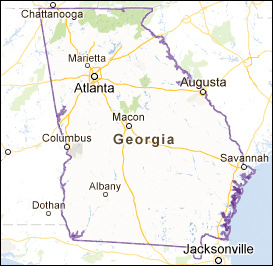By Jim Ellis
 Oct. 15, 2020 — The Trafalgar Group is the polling firm that came to national political notoriety four years ago when they correctly predicted a Donald Trump victory in both Michigan and Pennsylvania and were the only survey research firm to do so. Since that time, they have forecast at least four other wins when the active polling community was arriving at opposite conclusions.
Oct. 15, 2020 — The Trafalgar Group is the polling firm that came to national political notoriety four years ago when they correctly predicted a Donald Trump victory in both Michigan and Pennsylvania and were the only survey research firm to do so. Since that time, they have forecast at least four other wins when the active polling community was arriving at opposite conclusions.
Yesterday, Trafalgar released its latest Pennsylvania data (Oct. 10-12; 1,034 likely Pennsylvania voters) and finds former vice president Joe Biden leading President Trump 47.4 – 45.1 percent — just over a two-point spread. In October, not counting the Trafalgar number, we see 12 other pollsters returning Pennsylvania data and they average a pro-Biden forecast of just under seven points.
Routinely, Trafalgar’s data shows President Trump in better position than most pollsters because they attempt to quantify what is termed the “shy Trump voter,” i.e., those who are actually voting for the incumbent but won’t admit it to a pollster. In most cases, the Trafalgar calculations, derived from a proprietary algorithmic formula, have been reliably accurate.
From 2016, we remember that, generally, the polling community missed badly in the Trump-Clinton presidential race. While their national count was accurate – predicting a tight plurality for Hillary Clinton (final result: 48.2 – 46.1 percent) – many state projections were off, particularly those in the Great Lakes region.
In the previous presidential election cycle, a total of 62 surveys were conducted in the state of Pennsylvania, and only three found a lead for President Trump, including the Trafalgar pre-election survey. In Michigan, 45 polls were publicly released, and Trump led in just two, one of which was Trafalgar’s final 2016 study. In Wisconsin, 33 polls were taken, and none found President Trump running ahead. Yet, in all three cases, he won the state.
The Great Lakes/Mid-Atlantic region was not the only area where 2016 polling missed the mark. In North Carolina, the margin average looked to be dead even heading into the election, but President Trump won with a 3.6 percent spread. The cumulative polling missed Arizona by two points, and Florida by 1.2 percent. In all of these instances, the Republican voted was under-estimated.

